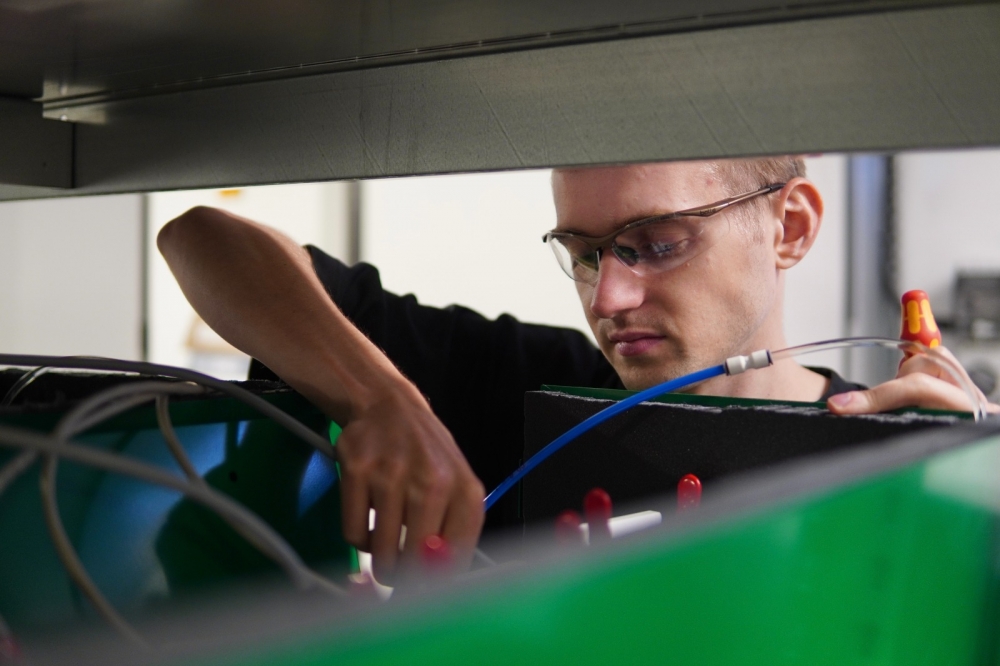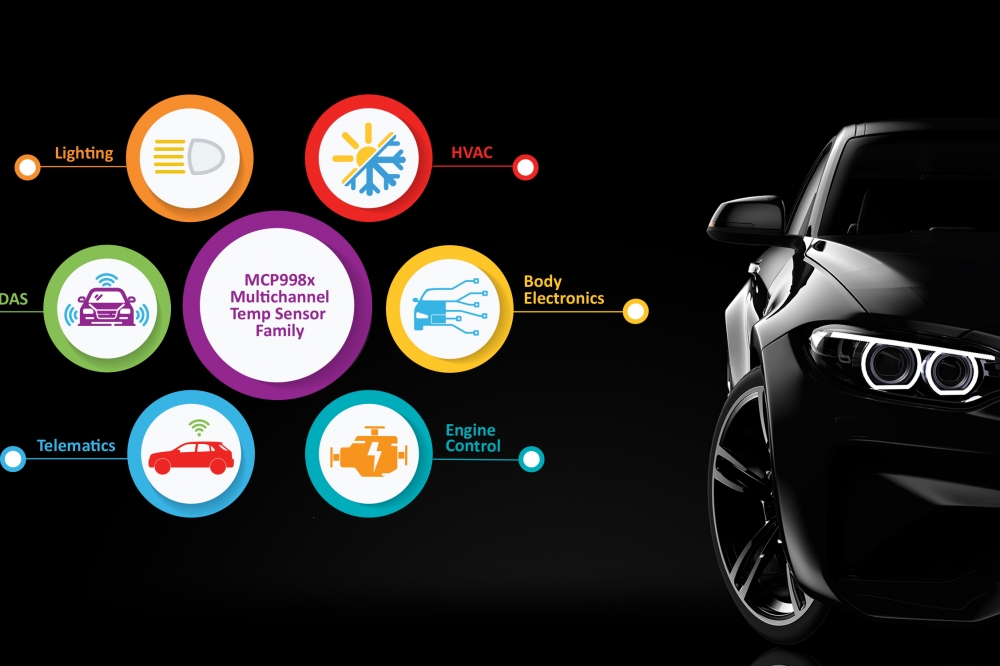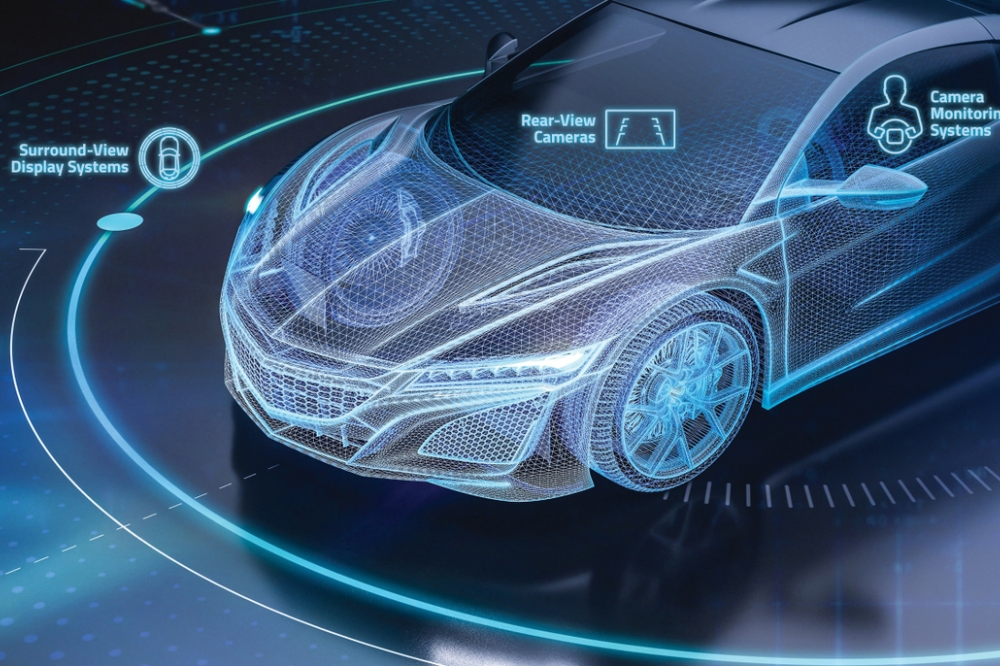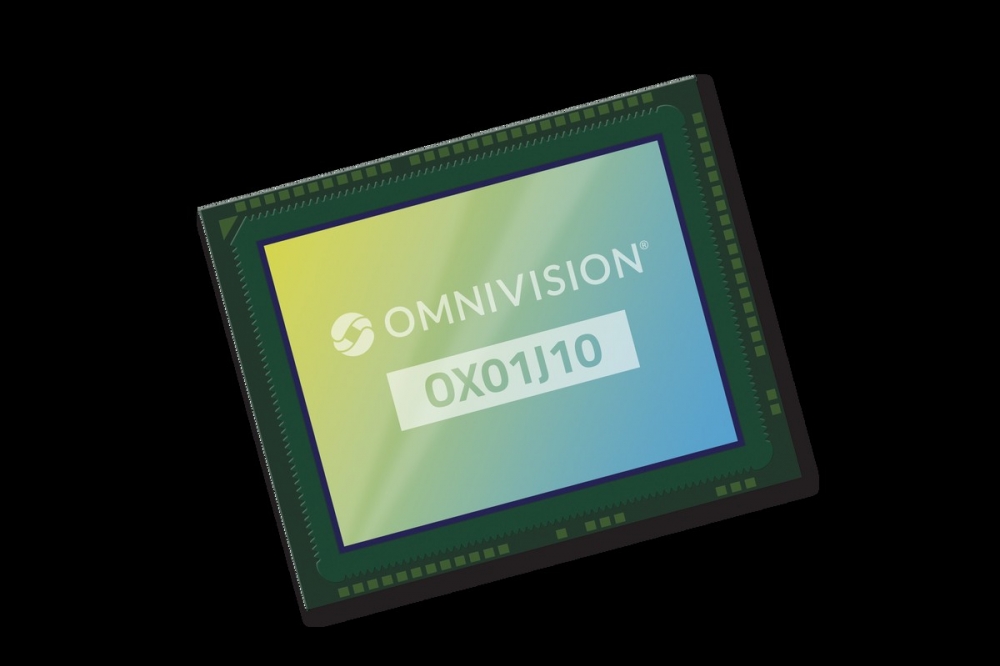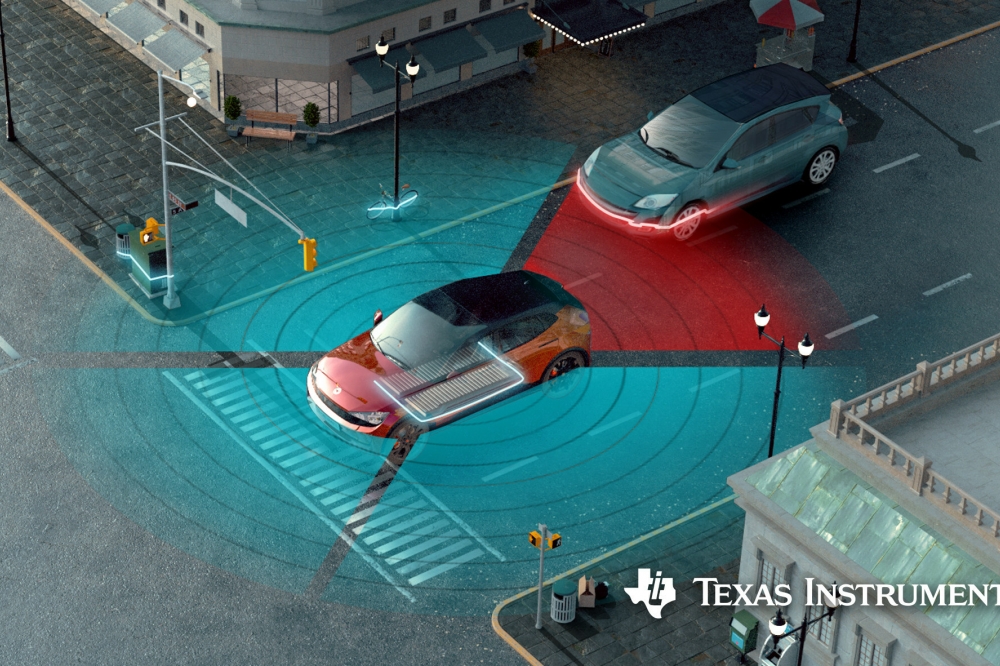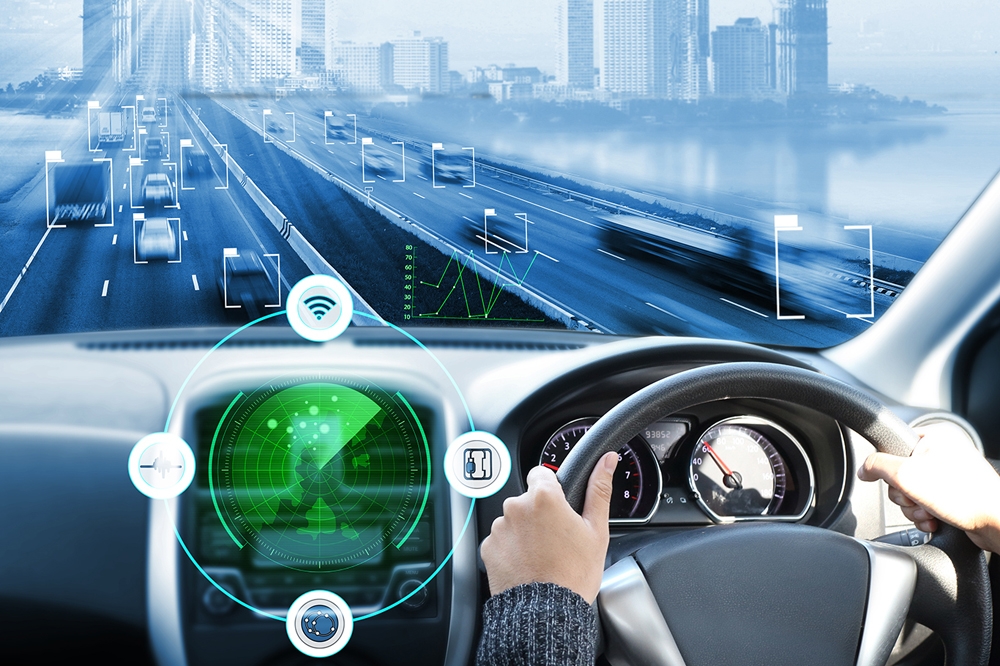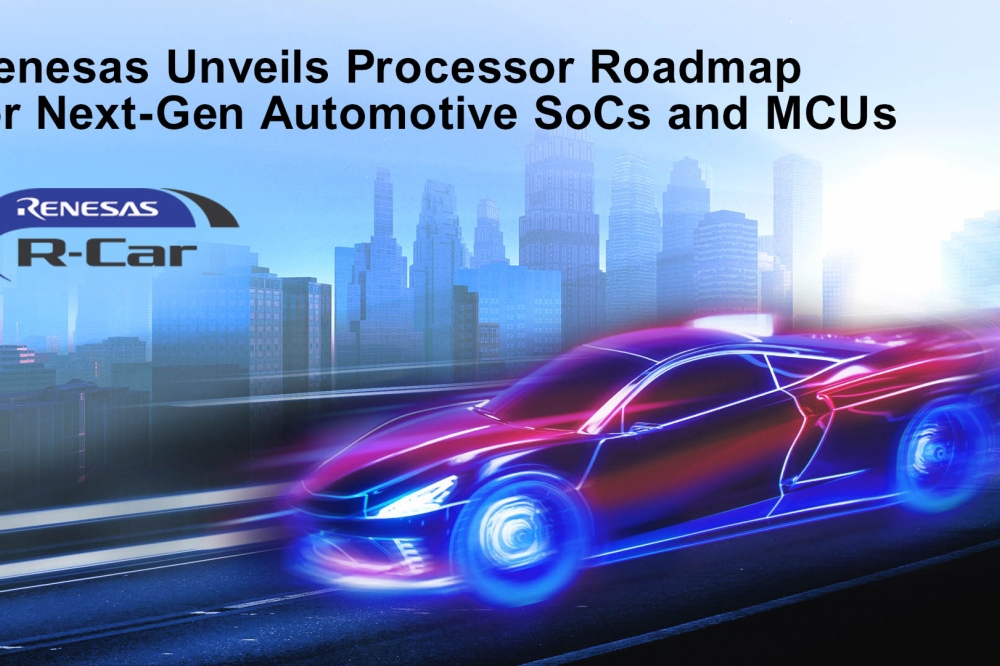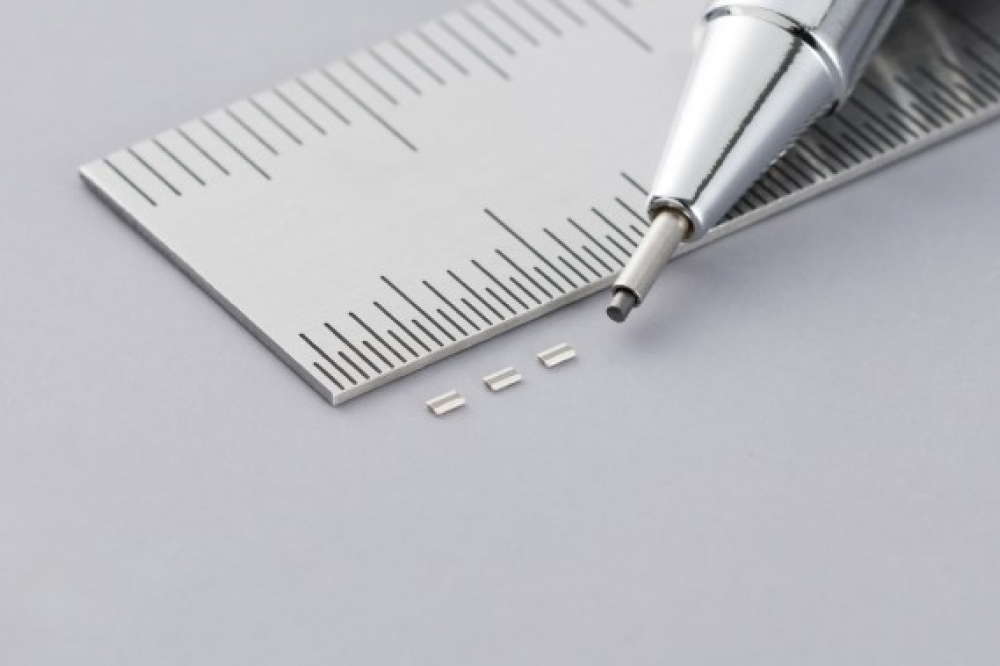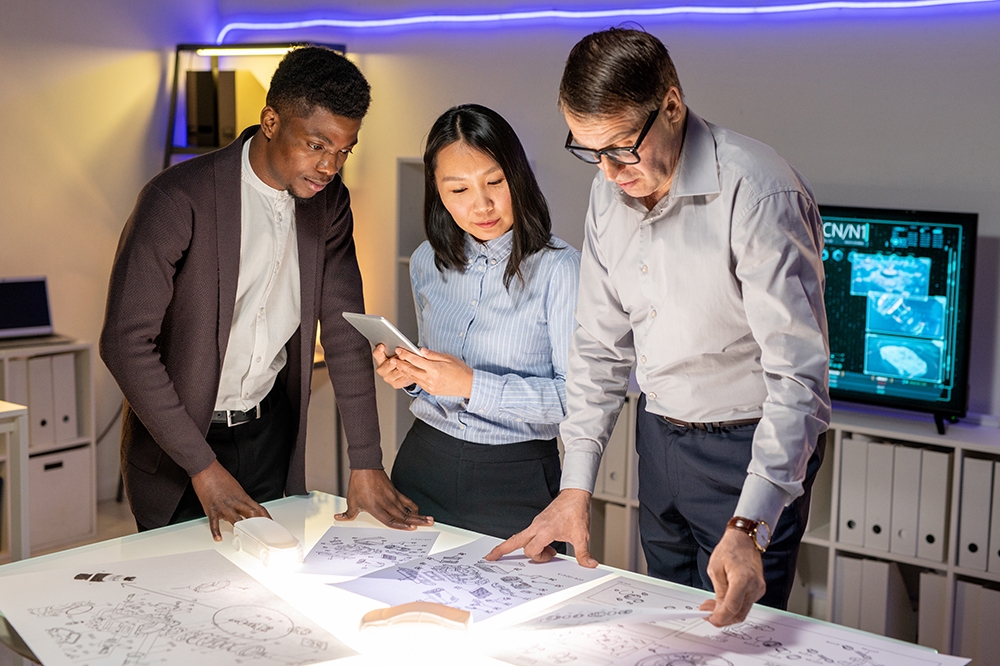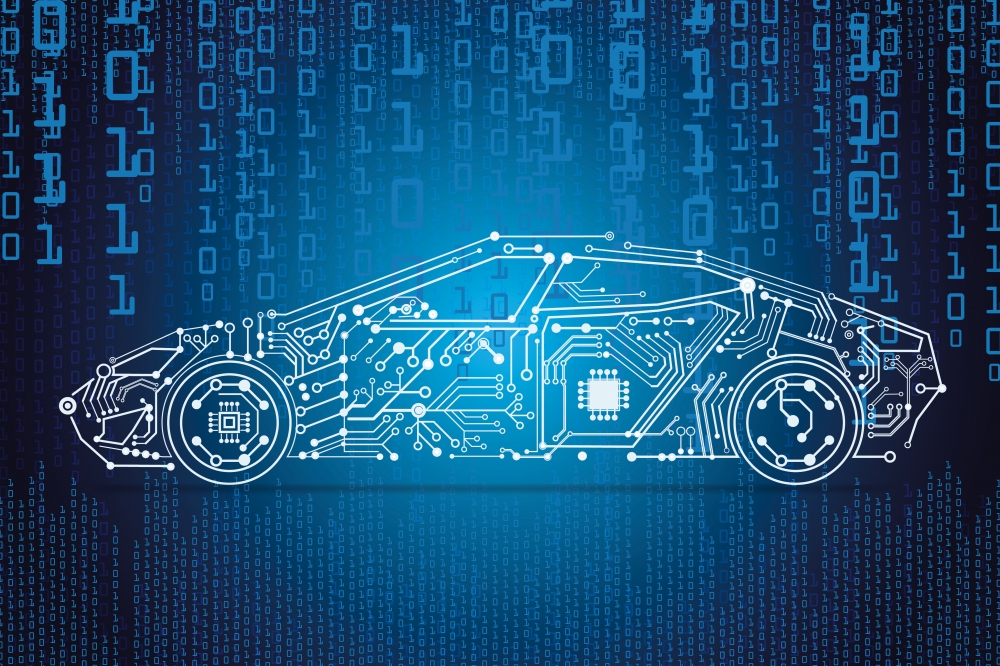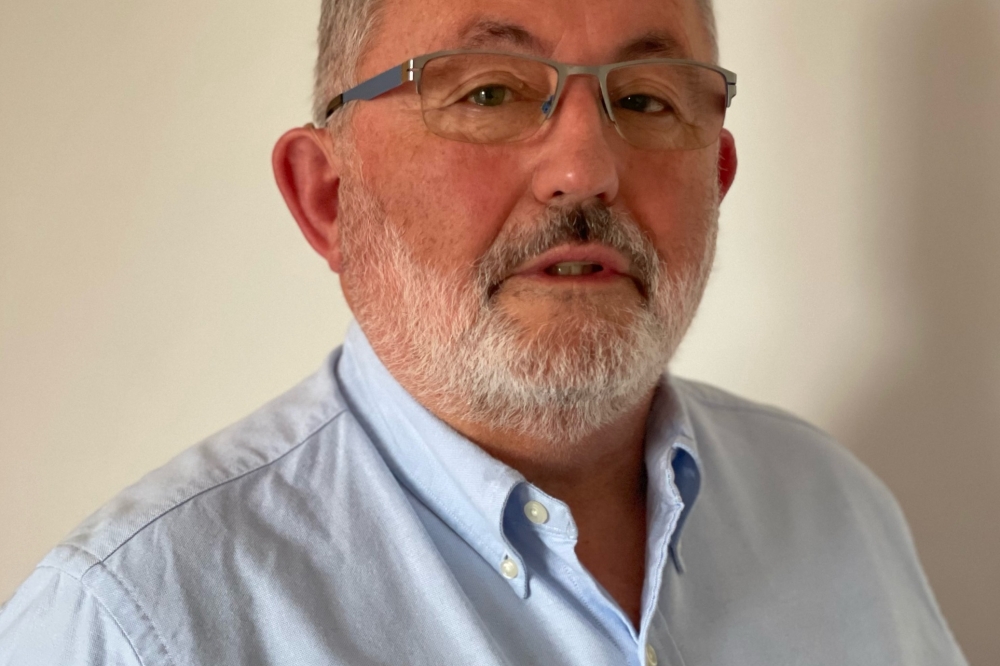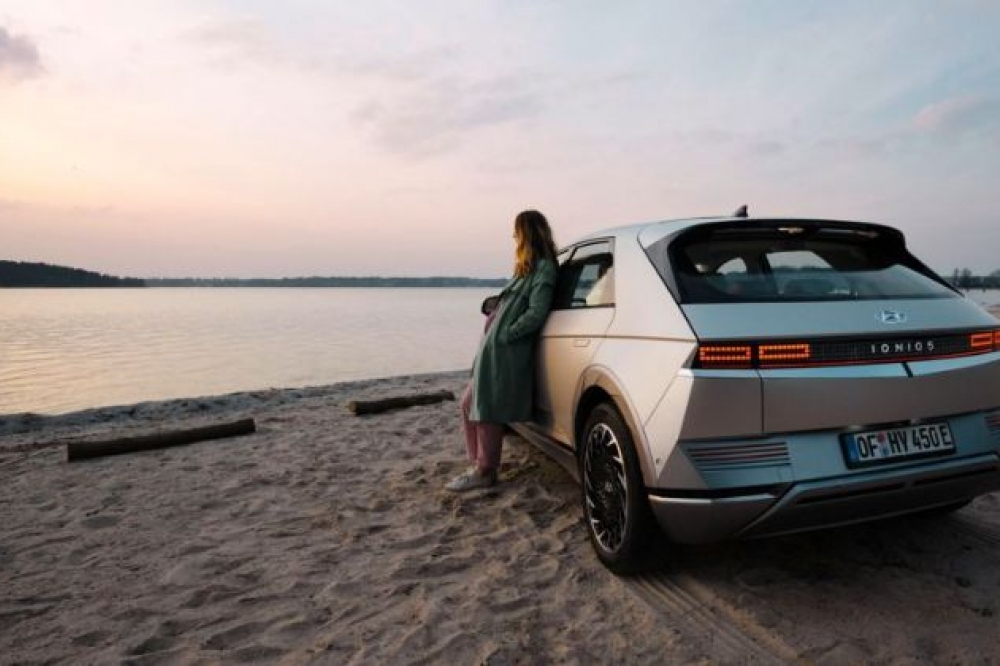Hyundai Motor Group reiterates its commitment to future mobility technologies
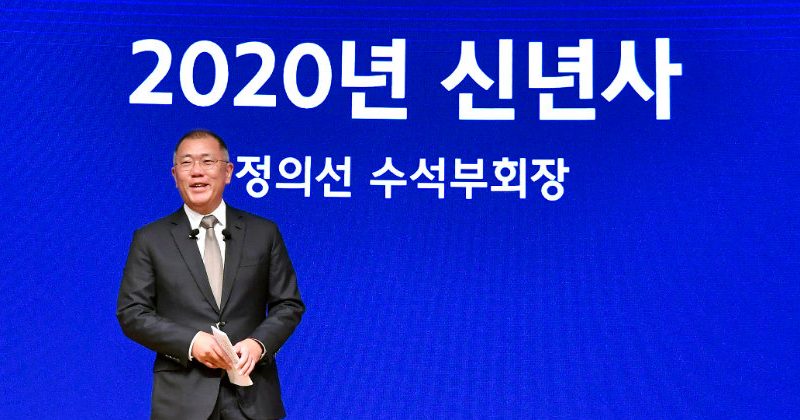
Hyundai Motor Group held its 2020 New Year ceremony at its headquarters in Seoul, outlining its innovation priorities and strategic direction to engineer sustainable growth as a “game changer” in diverse industries.
“If we all work together in unison and continue to innovate our technological, business and organisational capabilities, I am confident we will become the Hyundai Motor Group capable of overcoming its challenging environment, and is even more trusted by our customers,” underscored Chung.
Chung shed light on the Group’s commitment to continuing its leadership in future industries such as electrification, autonomous driving and mobility services, as well as its efforts to enhance the quality of its business operations in all sectors. To realise that, he urged all employees to adopt a “creative mindset” and “enterprising will” like that of a startup entrepreneur. Also included in the 2020 New Year’s message was the plan to actively pursue new technologies and projects that can provide human-centred smart mobility solutions in a wide range of areas, including robotics, Urban Air Mobility (UAM) based on the use Personal Air Vehicles (PAV) and smart city solutions, all of which would progress alongside automobile-based innovations.
“In recent years, due to the rapid development in technology and networks, what had only been imagined is becoming an everyday reality, and this trend is accelerating in the automotive industry,” Chung said of the direction of the Group’s technological innovation.
The plan focuses on securing Hyundai’s leadership in the vehicle electrification, expansion of hydrogen industry ecosystem and self-driving commercialisation, as well as the progressive expansion of its mobility services businesses.
The Group’s electrified lineup, which comprised 24 models in 2019, will be expanded to 44 models by 2025, including 13 hybrids, six plug-in hybrids, 23 battery electric vehicles and two fuel- cell electric vehicles. In particular, the BEV lineup will increase to 23 models by 2025 from last year’s nine models, with the first dedicated BEV model to be launched in 2021. A new EV architecture development system will be introduced and applied to models slated for launch in 2024. This year, the Group will further bolster the sales of electrified models, adding hybrid and plug-in hybrid variants to its best-selling SUV models, including Kia Sorento, Hyundai Tucson and Hyundai Santa Fe.
“In particular, in our fuel-cell electric vehicle business, where we boast the world’s top technological competitiveness, we will hit our stride by providing fuel-cell systems to customers not only in the automotive industry but also in other sectors,” Chung pointed out. “Furthermore, we will add momentum to expanding the hydrogen ecosystem and its infrastructure by cooperating with partners around the world.”
In 2019, the Group signed an agreement with Cummins Inc., a global leader in the engine and generator fields, to jointly develop and commercialise electric and fuel-cell powertrains combining Hyundai’s fuel-cell system and Cummins’ electric powertrain, battery and control technologies. The Group will start exporting its fuel-cell systems to Cummins and enter the US market this year, followed by the European market.
In the future, the Group plans to supply fuel-cell systems to the transport sector — covering vehicles, vessels, railcars and forklifts — and power-generation sector — covering electricity production and storage — thereby delivering some 200,000 fuel-cell systems per year around the world by 2030. The Group will simultaneously establish a 500,000 units-per-year capacity for FCEV production in Korea.
The Group will strengthen its cooperation with partners in Korea such as Hydrogen Energy Network (HyNet), as well as partners overseas including Saudi Aramco, to expand the supply of hydrogen and charging stations. In addition, the Group will broaden its strategic collaboration with related enterprises around the world to set up hydrogen infrastructures.
The Hyundai Group aims to accelerate the development of the autonomous driving software technology and commercialise self-driving vehicles with SAE Level 4 and Level 5 technology in the near future to lead the industry. After developing an autonomous driving platform by 2022, the Group will operate autonomous vehicles in select regions in 2023, and lead to commercial productions by the second half of 2024.
“In the rapidly expanding mobility services industry, including ride-sharing and hailing, we will establish overseas corporations in major regions such as the U.S., Europe and Asia, begin business operations in full swing this year, and expand them gradually,” said Chung.
Hyundai Motor Group will kick-start its car-sharing business in full swing in Los Angeles this year through its mobility service company MoceanLab, which was established in LA last year. The car-sharing service allows people to freely rent and return cars in the city of LA. In major regions of Russia, the Group this year will expand the lineup of offered vehicles for its vehicle subscription service first unveiled in Moscow last year.
The Group will expand collaboration with mobility platform companies it has strategically invested in, such as Grab and Ola. In India, it will launch new mobility services in collaboration with Ola, and in Southeast Asia, offer EV car hailing services by expanding the supply to the region’s largest car-hailing firm, Grab. The Group supplied 200 units of Hyundai Kona Electric SUVs to Grab last year for its car-hailing service in Singapore, and will expand the coverage to major Southeast Asian countries such as Indonesia this year.
The EVC also said the Group will develop new technologies and businesses such as robotics, UAM based on PAVs and smart city development alongside automobile-based innovations. Hyundai Motor Company recently revealed images of its future mobility solutions via connection of the PAV, Purpose Buil Vehicle (PBV) and Hub, the last of which is a take-off and landing platform for PAVs and point of arrival and departure for PBVs, as well as a site for communal activities. These concepts, as part of Hyundai Motor Company’s human-centred mobility vision, will be presented at the CES 2020.
Hyundai Motor Company created ‘Human-Centered City Advisory Group’ and is undertaking various discussions on the future city aimed at enabling the creation of new human-centered values. It is also running a project that researches the future city’s policy and structural transformation by 2050.
The total planned group-wide investments for the future growth over the next five years is KRW100 trillion ($86 billion), with the annual investment amounting to KRW20 trillion ($17.2 billion), a figure significantly expanded from the current level.
“We plan to eliminate all unessential and uneconomical elements in our Group, and pursue cost innovations by supporting new ideas and technological developments,” said Chung, emphasising business innovation.
Through a new EV architecture development system, Hyundai Motor Group will innovate its cost structure for electric vehicles by sharing components in their application to various models. It will also increase profitability and volume of each model through lineup optimisation. It will streamline operation networks and introduce new sales methods, while securing a flexible production system that can respond to the fluctuating global demand.
Particularly in the automobile sector, Chung stressed the need to “establish a profit-oriented management system based on a regionally accountable management, with the headquarters supporting it.”
Hyundai Motor Group reiterates its commitment to future mobility technologies
Modified on Thursday 2nd January 2020
Find all articles related to:
Hyundai Motor Group reiterates its commitment to future mobility technologies


 Add to my Reading List
Add to my Reading List Remove from my Reading List
Remove from my Reading List